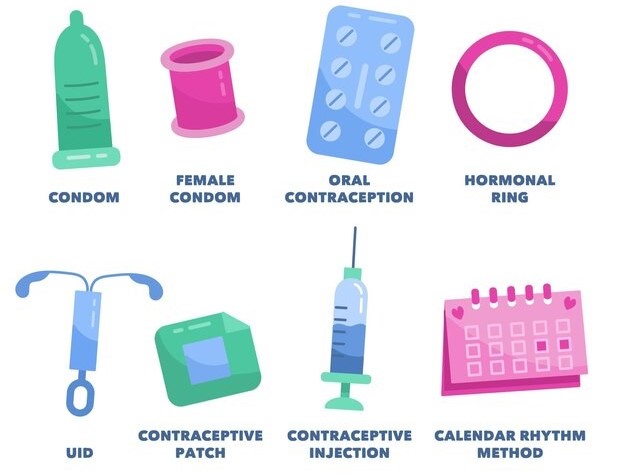Family Planning Coordinator in Osun Ministry of Health, Olalade Abatan, has said that myths and misconception were major obstacles to the acceptance and use of modern contraceptive methods among women.
Abatan said this during her presentation at a family planning stakeholders meeting, on Friday, in Osogbo.
The News Agency of Nigeria (NAN) reports that the meeting was organised by a Non-governmental organisation, The Challenge Initiative(TCI).
The coordinator said that myths and misconception about family planning discouraged acceptance of contraceptives and also reduced modern contraceptives acceptability rate.
According to her, the common myths about family planning include that they can cause infertility and that it is against religious and cultural values.
Abatan said that most of the myths and misconception were spread faster especially on social media and online platforms.
She said that this usually creates fear of unknown in the target population and discourages community acceptance of contraceptives.
Abatan said that dispelling myths and misconceptions about family planning usually helped an individual to make an informed decision without coercion and also reduces anxiety, worries and fear of unknown associated with modern contraceptives.
According to her, modern contraceptives are safe and do not cause permanent infertility.
The coordinator, however, said that lack of access, medical barriers, lack of awareness and provider bias were some barriers to modern contraceptives.
Speaking on the benefits of family planning, Abatan said that it could prevent high risk pregnancies, ensure birth spacing, reduce unsafe abortion, among others.
She appealed to the media to assist in dispelling myths and misconceptions about family planning by amplifying success stories and engaging communities through decision , dialogue and sensitisation.
“Addressing misconceptions around family planning is crucial for increasing acceptance and use of modern contraceptive methods.
“By providing accurate information, we can improve health outcomes for women and families leading to healthier communities.
“Together we can overcome myths and build a future where family planning is understood, embrace and accessible to all,” she said (NAN)


